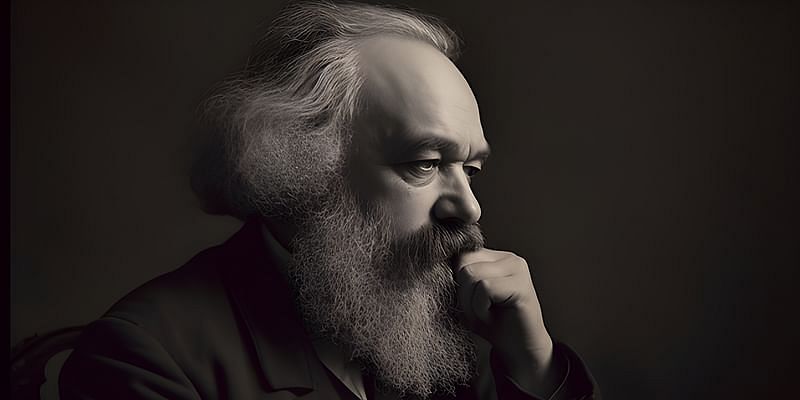Karl Marx, born on May 5, 1818, in Trier, Germany, was a revolutionary philosopher, economist, and political theorist whose ideas and writings have had a profound impact on political thought and social movements around the world. As one of the most influential figures in human history, Marx’s ideas on communism and class struggle continue to resonate today, shaping modern political and economic systems.
Early Life and Education
Karl Marx was born into a middle-class family, the son of a lawyer. He attended the University of Bonn and later the University of Berlin, where he studied law, history, and philosophy. It was during his time at the University of Berlin that Marx became involved in radical politics and was exposed to the works of the German philosopher Georg Wilhelm Friedrich Hegel, who greatly influenced his thinking.
Career and Writings
After completing his education, Marx worked as a journalist for several radical publications, including the Rheinische Zeitung and the Deutsch-Französische Jahrbücher. His political writings attracted the attention of the Prussian authorities, which led to his expulsion from Germany. He then moved to Paris, where he met Friedrich Engels, who would become his lifelong collaborator.
Together with Engels, Marx wrote “The Communist Manifesto” in 1848, a foundational text for the communist movement that called for the overthrow of the capitalist system and the establishment of a classless society. In 1867, Marx published the first volume of “Das Kapital,” a critical analysis of capitalism and its effects on society, labor, and the economy. Two more volumes were published posthumously by Engels, based on Marx’s notes.
Influence and Legacy
Marx’s ideas on class struggle, historical materialism, and the inherent flaws of capitalism have left an indelible mark on modern society. His works have inspired countless social and political movements, most notably the Russian Revolution of 1917, which led to the formation of the Soviet Union. Additionally, his theories have shaped the economic policies of numerous countries, as well as the academic fields of sociology, political science, and economics.
While Marx’s ideas have also been the subject of much criticism, with detractors arguing that his theories are outdated or have been responsible for the suffering and oppression of millions under communist regimes, there is no denying his significant impact on the course of human history. Today, on the anniversary of his birth, we remember Karl Marx as a revolutionary thinker who sought to challenge the status quo and envision a more just and equitable society.










